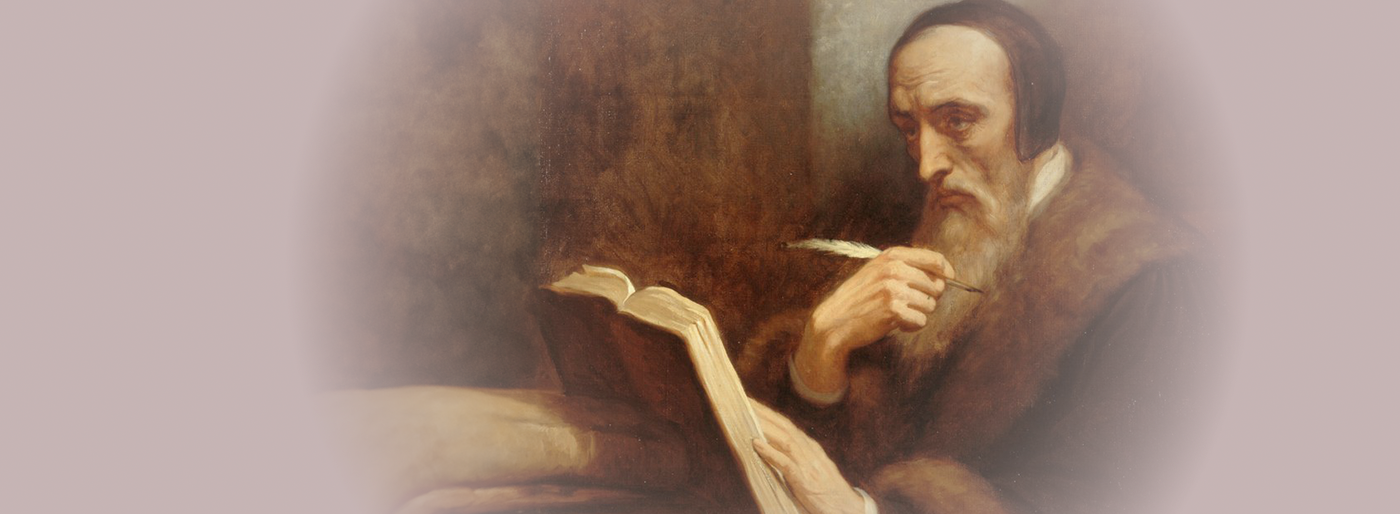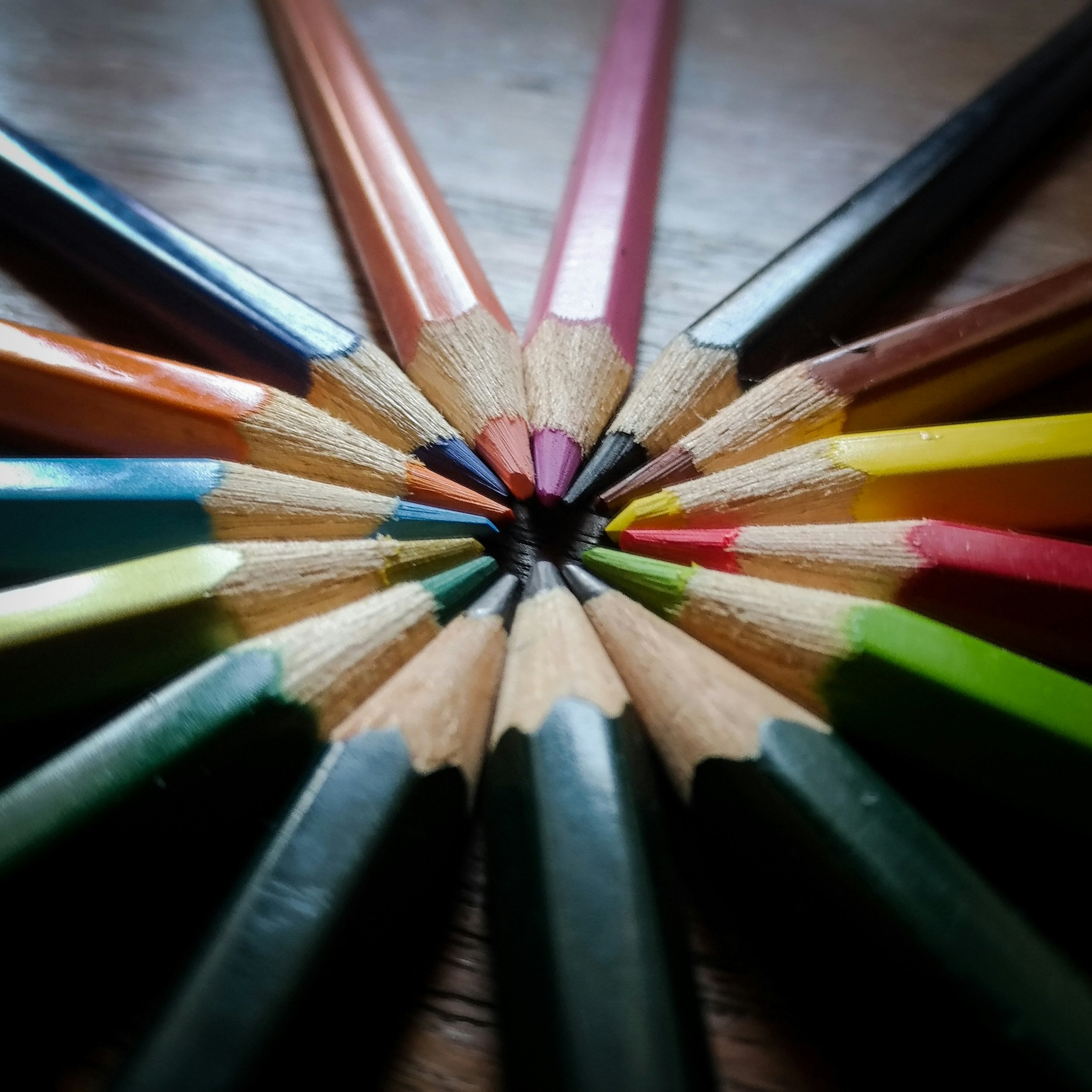
Academics
TCA offers a classical curriculum, grounded in piety and the liberal arts, and situated in the Christian tradition. The intellectual virtues formed through the study of the seven liberal arts lay the foundation for all future study and work.
We will train students in the habits and virtues fitting for a flourishing life through:
The foundations of grammar and Latin
The arts of logic (reasoning well) and rhetoric (speaking and writing well)
The disciplines of mathematics and science
The wisdom of philosophy and theology
We seek to apply the ancient tools of learning to our modern context through imitation, memorization, discovery, discussion, and exploration.
Our students will learn to think critically, to discern carefully, and to speak persuasively. Having their moral imaginations shaped by reading great texts, our students will learn to identify and pursue what is right and good, not simply to live as a good example to others, but to speak and act lovingly and virtuously for the good of others and for the good of their communities
Classical Distinctives
There are many distinctions between classical and educational models. To highlight only three, classical education is committed to:
-
Virtue is “excellence.” It is a word that we apply to all things and by which we determine the proper end and function of things. We may speak of a virtuous knife. But usually, when we use the word “virtue,” we are speaking about the quality of a human life. The Christian tradition has associated virtue with the formation of the human soul, intellect and will, knowledge and desire.
Virtue of intellect: ability to discern truth from falsity, as well as prioritize what kinds of knowledge are most worthy of our pursuits.
Virtue of character: forming dispositions like courage and humility that allow us to act well in life’s various situations.
To educate with the virtuous person in mind, then, is to educate a student who is wise and righteous. For a fuller account of these virtues, see also “Portrait of a Graduate.”
-
Today, we tend to think of knowledge as content and information, and we forget that our minds are also like “muscles” requiring training and practice. Thinking well is as much a skill as it is a body of content.
As far back as Greek civilization (5th century BC), education was closely related to the development of the liberal arts—those skills essential for free, democratic citizens. During the middle ages, the Church distinguished between the language arts—grammar, logic, and rhetoric—and the mathematical arts—arithmetic, geometry, music, and astronomy. These are the fundamental arts/skills for thinking and living well, for loving God and our neighbor.
-
While thinking may be a skill, the skill of reason is not sufficient for thinking well. What we believe is as important as how we came to that belief. Classical education preserves the Great Conversation, those fundamental questions that shape the soul of society—questions like who is God, who am I, why am I here, what makes for a good life, why is there evil and suffering in the world. While this is done throghout the curriculum, through the songs we sing and poems we recite and memorize, the Great Conversation culminates in the Upper School, when students begin to read and critically interact with the great texts that have shaped our civilization.

“Those who are more or less intimately acquainted with those liberal studies are thereby assisted and enabled to obtain a deeper insight into the secret works of divine wisdom.”
John Calvin, Institutes of the Christian Religion
Our school system
Our school is divided into two sections, a Lower School (grades K-6) and an Upper School (grades 7-12). The Lower and Upper Schools begin and end the day together in common prayer and share a lunch period.
Lower school (K-6)
In an atmosphere of joy, wonder, and gratitude, students in the Lower School begin to explore God’s real, amazing world and are equipped with the skill that will serve them throughout their whole educational journey. The emphasis in these early years is on memorization, discovery learning, exposure to beautiful stories, and the shaping of habits that will allow them to develop into life-long learners.
Upper school (7-12)
In the Upper School, students learn how to work more independently and take ownership of their own learning. They are also given the opportunity to delve ever more deeply into the great texts that make up the backbone of our Humane Letters courses in the context of class discussions.




